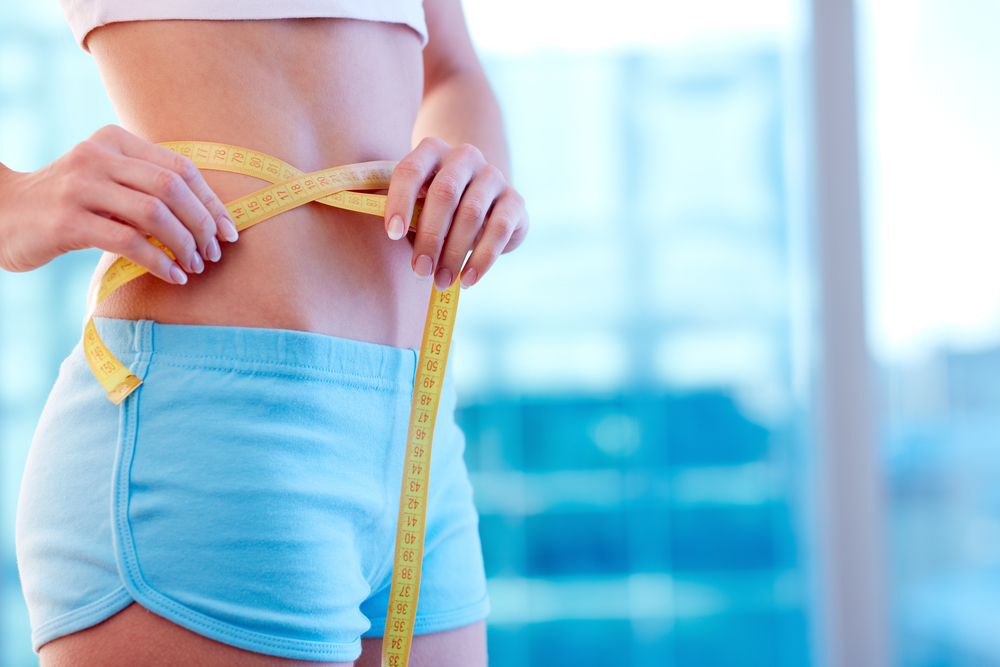Alcohol often welcomes as a stress buster and as an important part of a social occasion, but it doesn’t do your body any favours. There are multiple side effects of alcohol that affects a different system of the body. When you are trying to lose weight, the standard advice is to eat fewer calories than you burn, and this still applies when you drink alcohol during your weight loss period. You might not aware of the fact that alcohol has significantly more calories than any other proteins and carbohydrates. Drinking too much can ruin all your weight loss efforts. This is because when you drink alcohol, your body starts burning calories you consume via alcohol instead of burning the fat, so it will take longer for you to lose weight. If you are considering medicines for weight loss then it becomes crucial to limit alcohol consumption.
As mentioned above, the key to losing weight is to burn calories than you consume, and limiting alcohol consumption can further help you lower your calorie intake. Reducing the amount you drink will not only help you get in shape but also help you get the better night sleep. One can find various reasons for taking alcohol like depression (alcohol as a stress reliever), peer pressure, pleasure (alcohol-induced sense of fun and freedom), hesitation (losing inhibitions), curiosity (eagerness to know about taste and effects), and accessibility. Excessive drinking may cause alcohol dependency, which can be very dangerous. Avoid these causes of alcohol dependence, and consider drinking in moderation.
Alcohol can come in the way of any dedicated weight loss regime. This is because of many factors:
- Alcohol often means calories
As explained above alcoholic drinks often provide the body with calories and the calories pile up in cocktails and combination drinks with the addition of mixers, fruit juices, soda, and syrups. A night out with several drinks can lead to consuming a few hundred extra calories. So the calories in your alcoholic drink can quickly add up and becomes a hurdle in your weight loss program. Calories present in an alcoholic drink is considered empty means they don’t provide any nutrients.
- Alcohol gets used as fuel ahead of carbs and fats
When alcohol is consumed, it is burned first as fuel before the body uses anything else, including glucose from carbohydrates, or fats. Thus when alcohol is used as the first source of energy, the excess glucose and lipids end up getting stored in the body as fat.
- Alcohol can affect your liver
One of the main roles of the liver is to act as a filter for any foreign substances that enter the body including alcohol. In addition, the liver is essential for the metabolism of fats, carbohydrates, and proteins. Excess alcohol consumption can lead to what is known as an alcoholic fatty liver. This can affect the way the body metabolizes carbohydrates and fats, thereby making it difficult to lose weight.
- Alcohol consumption is always accompanied with packaged snacks/food
Very rarely is alcohol consumed alone. Given the cultural aspects of consumption, it is usual to pair snacks, high-fat diet with alcohol. Taste-wise as well, alcoholic considered it a great pairing. This aspect of alcohol consumption makes it detrimental to any weight loss regime.
- Alcohol affects digestion and nutrient uptake
Intake of alcoholic beverages can inhibit normal digestive function. Alcohol causes stress on the stomach and the intestines leading to decreased digestive secretions and movement of food through the track. Thus alcohol intake can lead to impaired digestion and absorption of nutrients from food. This can lead to constipation, bloating and impairment of metabolism of organs that play a role in weight management.
Apart from these direct hindrances to the weight loss program, excess consumption of alcohol has various side effects on the human body.
Also Read: Things you need to consider in your weight loss plan
Reduce your alcohol intake to increase the effectiveness of medicines for weight loss.
Side Effects are:
Check out the side effects of alcohol here:
- Poor decision making: alcohol affects our nervous system. It creates a sense of unconsciousness, which hampers decision-making ability. That is the primary reason that it is advised not to drink and drive
- Low testosterone (Sex Hormone): this hormone helps in the digestion process and getting sexual arousal. But the excess amount of alcohol leads to poor digestion and sexual dysfunction
- Sleep deprivation: alcohol can cause periods of wakefulness leading to impaired sleep.
- Mental impacts: alcohol can cause impaired judgment, coordination problems, hazy thinking, poor concentration, blunted perception, and memory lapses.
- Poor digestion: It causes stomach distress, bloating, gas, indigestion, ulcers.
- Vital organ failure: alcohol main cause liver failure, infertility, heart damage, thinning bones, pancreatitis.
The bottom line is that switching to the non-alcoholic diet can be a better option to avoid derailing of weight loss efforts.




